
The Secret to Success: Why You Should Do the Opposite of Your Wife’s Advice!
Last updated: October 21, 2024 Read in fullscreen view
- 18 Oct 2020
 How to use the "Knowns" and "Unknowns" technique to manage assumptions 38/1089
How to use the "Knowns" and "Unknowns" technique to manage assumptions 38/1089 - 01 Oct 2020
 Fail fast, learn faster with Agile methodology 24/1047
Fail fast, learn faster with Agile methodology 24/1047 - 14 Oct 2021
 Advantages and Disadvantages of Time and Material Contract (T&M) 22/864
Advantages and Disadvantages of Time and Material Contract (T&M) 22/864 - 13 Dec 2020
 Move fast, fail fast, fail-safe 20/323
Move fast, fail fast, fail-safe 20/323 - 18 Aug 2022
 What are the consequences of poor requirements with software development projects? 20/274
What are the consequences of poor requirements with software development projects? 20/274 - 06 Feb 2021
 Why fail fast and learn fast? 19/450
Why fail fast and learn fast? 19/450 - 23 Sep 2021
 INFOGRAPHIC: Top 9 Software Outsourcing Mistakes 17/439
INFOGRAPHIC: Top 9 Software Outsourcing Mistakes 17/439 - 01 Mar 2023
 Bug Prioritization - What are the 5 levels of priority? 16/234
Bug Prioritization - What are the 5 levels of priority? 16/234 - 10 Nov 2022
 Poor Code Indicators and How to Improve Your Code? 16/231
Poor Code Indicators and How to Improve Your Code? 16/231 - 08 May 2024
 Time Unlocked: Mastering the Pomodoro Technique Against Parkinson's Law 15/235
Time Unlocked: Mastering the Pomodoro Technique Against Parkinson's Law 15/235 - 19 Oct 2021
 Is gold plating good or bad in project management? 15/816
Is gold plating good or bad in project management? 15/816 - 19 Apr 2021
 7 Most Common Time-Wasters For Software Development 14/556
7 Most Common Time-Wasters For Software Development 14/556 - 08 Oct 2022
 KPI - The New Leadership 12/602
KPI - The New Leadership 12/602 - 31 Oct 2021
 Tips to Fail Fast With Outsourcing 12/392
Tips to Fail Fast With Outsourcing 12/392 - 10 Dec 2023
 Pain points of User Acceptance Testing (UAT) 11/452
Pain points of User Acceptance Testing (UAT) 11/452 - 28 Dec 2021
 8 types of pricing models in software development outsourcing 10/437
8 types of pricing models in software development outsourcing 10/437 - 17 Feb 2022
 Prioritizing Software Requirements with Kano Analysis 10/304
Prioritizing Software Requirements with Kano Analysis 10/304 - 05 Jan 2024
 Easy ASANA tips & tricks for you and your team 9/200
Easy ASANA tips & tricks for you and your team 9/200 - 11 Jan 2024
 What are the Benefits and Limitations of Augmented Intelligence? 9/477
What are the Benefits and Limitations of Augmented Intelligence? 9/477 - 03 Feb 2024
 "Kham Nhẫn" in Business: A Guide to Patience and Resilience 9/165
"Kham Nhẫn" in Business: A Guide to Patience and Resilience 9/165 - 12 Mar 2024
 How do you create FOMO in software prospects? 9/167
How do you create FOMO in software prospects? 9/167 - 05 Sep 2024
 The Inverted Approach: A Guide to Identifying Software Risks with Reverse Brainstorming 9/255
The Inverted Approach: A Guide to Identifying Software Risks with Reverse Brainstorming 9/255 - 14 Mar 2024
 Why should you opt for software localization from a professional agency? 6/140
Why should you opt for software localization from a professional agency? 6/140 - 18 Sep 2024
 11 Psychological Defense Mechanisms and How to Recognize Them 6/179
11 Psychological Defense Mechanisms and How to Recognize Them 6/179 - 26 Dec 2023
 Improving Meeting Effectiveness Through the Six Thinking Hats 6/254
Improving Meeting Effectiveness Through the Six Thinking Hats 6/254 - 06 Nov 2019
 How to Access Software Project Size? 6/249
How to Access Software Project Size? 6/249 - 19 Apr 2024
 What is Skills-Based Approach & Why Does it Matter? 3/134
What is Skills-Based Approach & Why Does it Matter? 3/134
Going Against Family Advice
When you encounter any difficulties in society, come home and ask your wife. If she gives you advice, do just the opposite of what she wants, and you are sure to succeed.
In life, navigating through society's challenges can often feel overwhelming. The demands of work, relationships, and personal growth place us in situations where we might not always have the answers. When faced with such difficulties, a common piece of advice is to seek wisdom from those closest to us, especially our spouses. The reasoning behind this is simple: our partners often understand us more deeply than anyone else. They can offer insight into situations that we might overlook. However, the humorous twist in this advice comes with an unexpected instruction: rather than following your wife’s suggestions directly, you should do the complete opposite of what she advises.
This tongue-in-cheek guidance highlights the idea that sometimes the safest and most predictable route, which a spouse might recommend out of concern, might not always lead to success. By doing the opposite of what she suggests, the implication is that you’ll take a riskier, more unconventional path—one that could bring unexpected success. It’s as if the advice is suggesting that the road less traveled, or the one filled with challenges, might actually yield better results than the safe or cautious choices often recommended by loved ones.
The idea of doing the opposite of your wife’s advice isn’t about disregarding her wisdom; it’s about recognizing the power of risk-taking. Playing it safe can sometimes leave us stuck in the status quo, avoiding opportunities for growth and success. Like the paradox of safety and danger, what seems like the most dangerous move—taking a bold leap, making an unconventional decision—can often lead to the most secure outcome in the long run.
Of course, this saying is meant to be taken with a grain of salt. It plays on traditional gender dynamics and humor, suggesting that our instinct to overprotect or choose safety might sometimes get in the way of bolder, riskier decisions that could lead to success. While not meant to undermine a spouse’s advice, this statement reminds us that balance is key. Taking unconventional risks can sometimes bring the greatest rewards.
Success Lies in Risk: Why the Most Dangerous Path Might Be the Safest
The statement "the most dangerous place is the safest place" can be exemplified by the decision of businesses to store their data on the Cloud instead of keeping servers on their own premises. While it may seem counterintuitive to entrust critical information to a third-party service, Cloud storage often provides greater security and reliability. By relying on professional Cloud providers, businesses can benefit from advanced security protocols, constant monitoring, and regular backups. In contrast, maintaining a physical server at home or in the office exposes companies to risks such as fire, hardware failure, or theft. Would you willingly risk such disasters at your own location? The costs of recovering from such risks, both financially and mentally, could be burdensome in the long run. By outsourcing data storage to the Cloud, businesses can reduce these potential headaches and focus on their core activities.
Wrapping-Up
In essence, the saying about going against your wife’s advice is not about dismissing her wisdom. Rather, it’s a reminder to challenge the instinct to always play it safe. Success often requires stepping out of your comfort zone and exploring paths that seem riskier. These paths, while dangerous, might offer greater rewards because they push you to take bold, decisive actions in situations others avoid. So, perhaps, the key to success is not just in listening to advice, but in knowing when to boldly do the opposite.






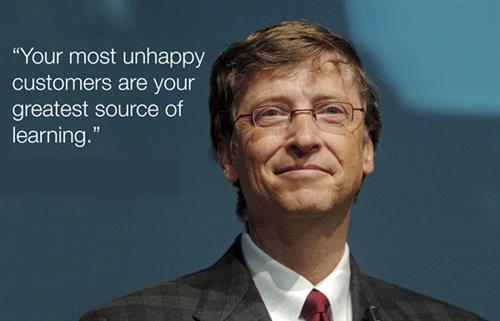
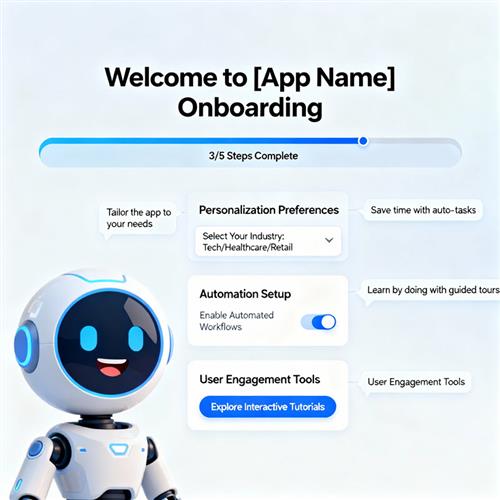
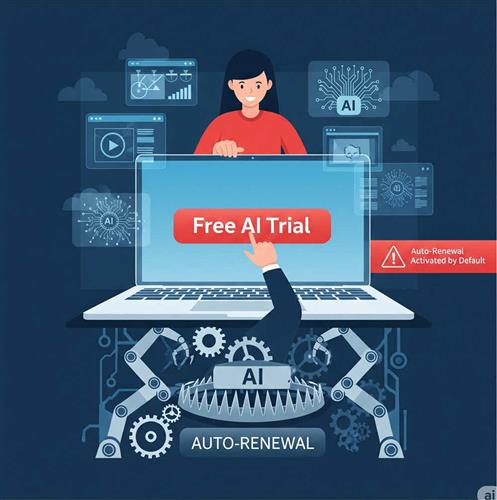



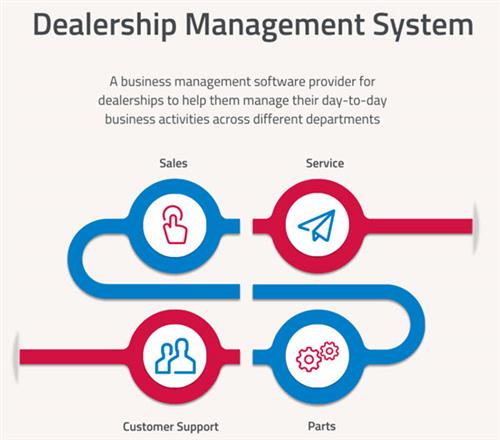





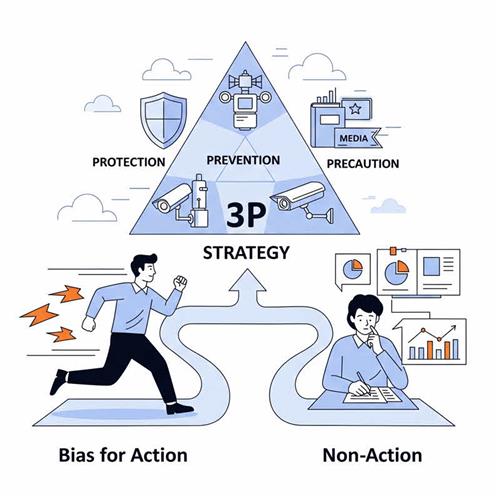

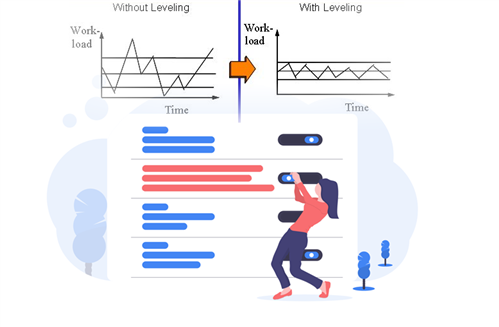
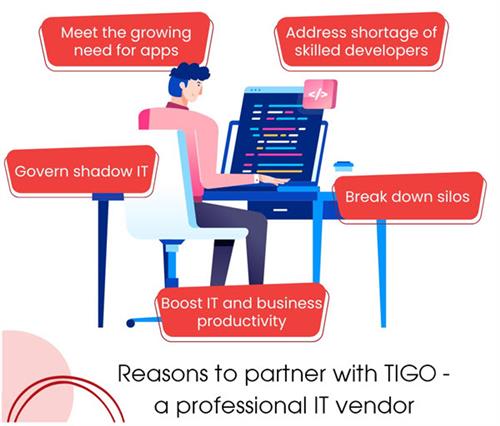
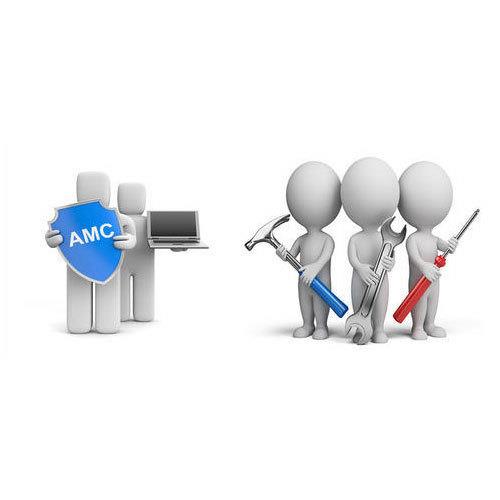












 Link copied!
Link copied!
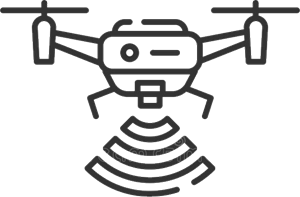 Recently Updated News
Recently Updated News